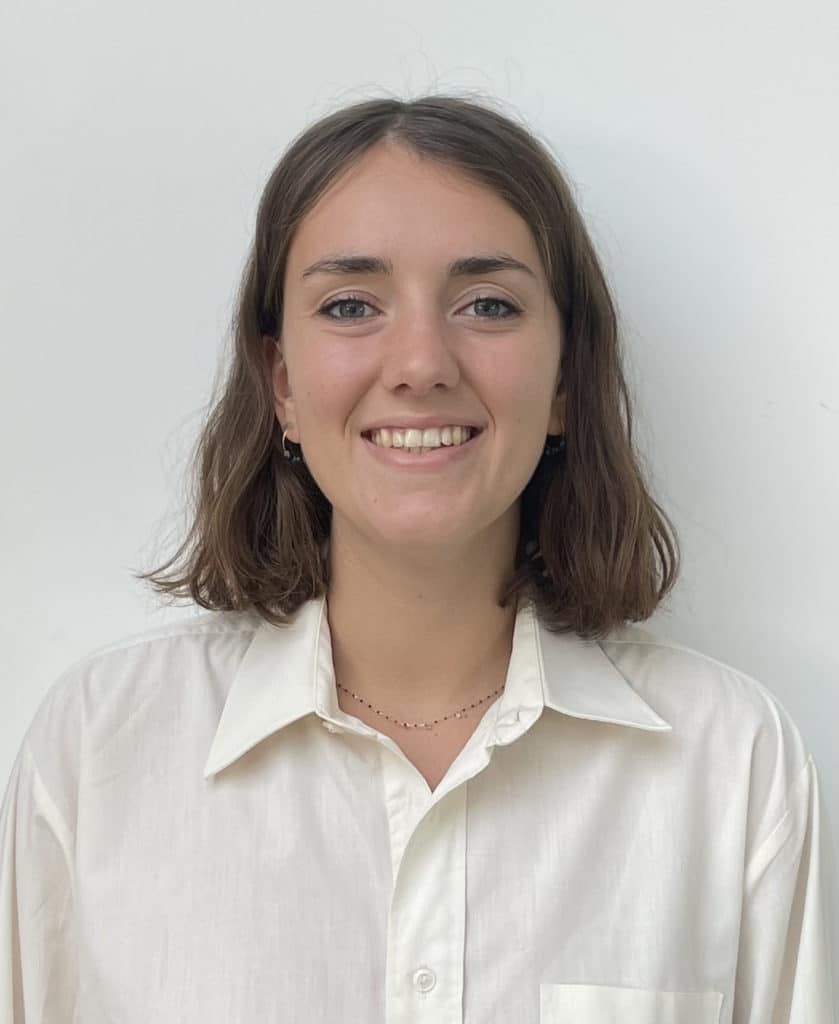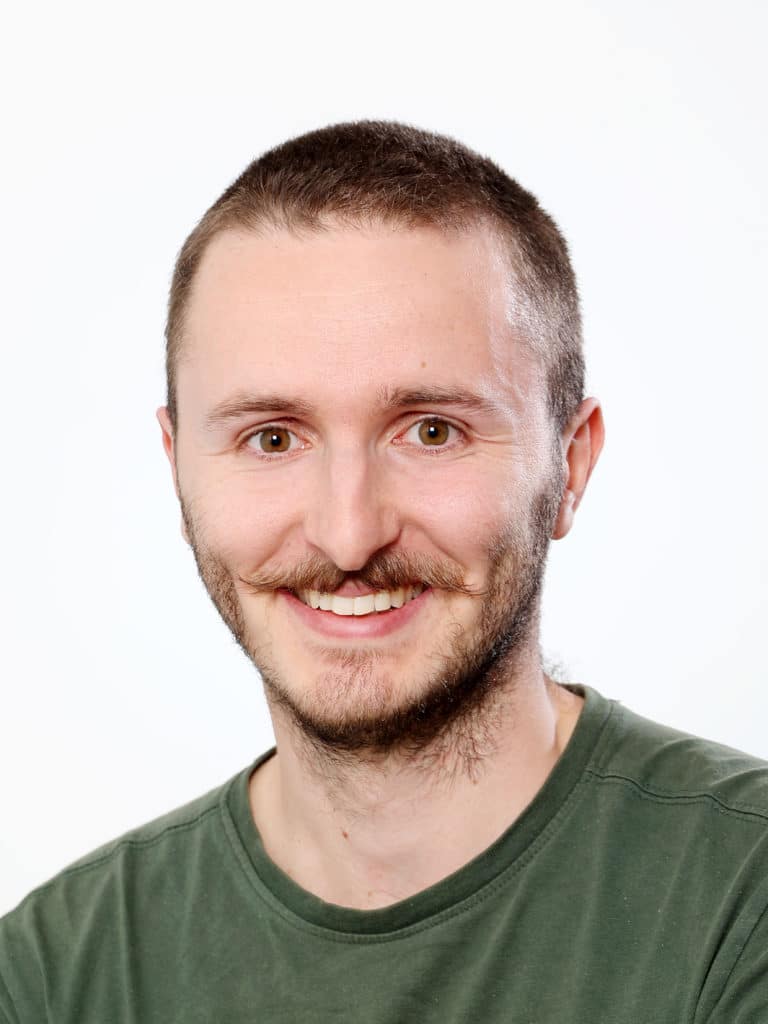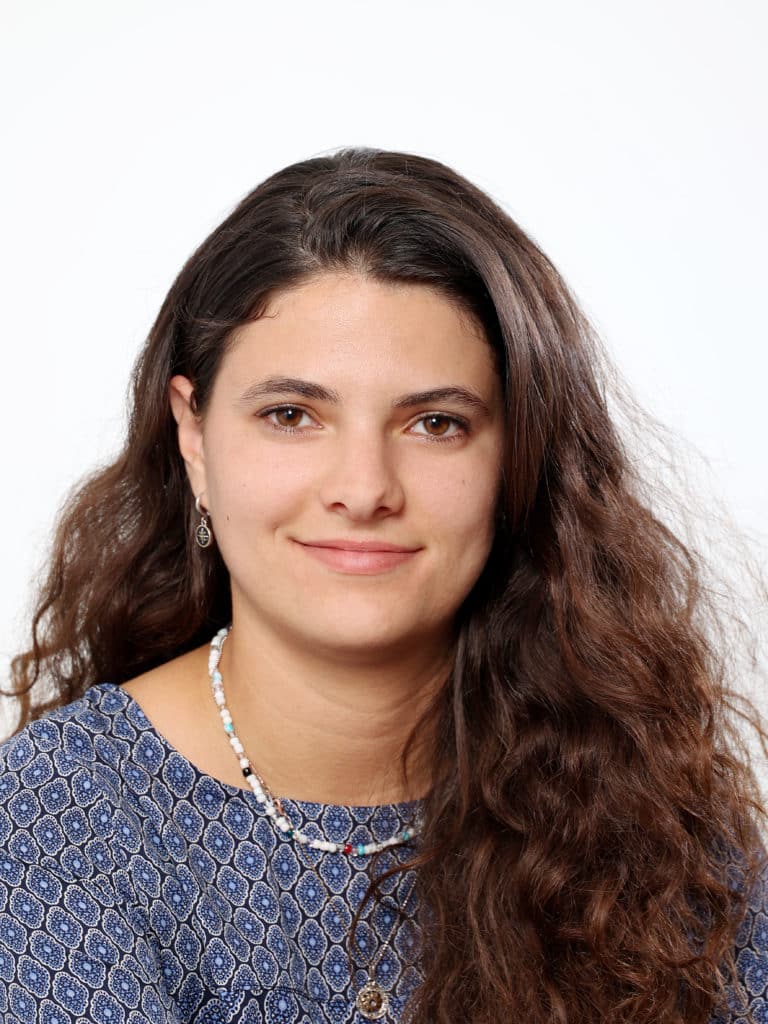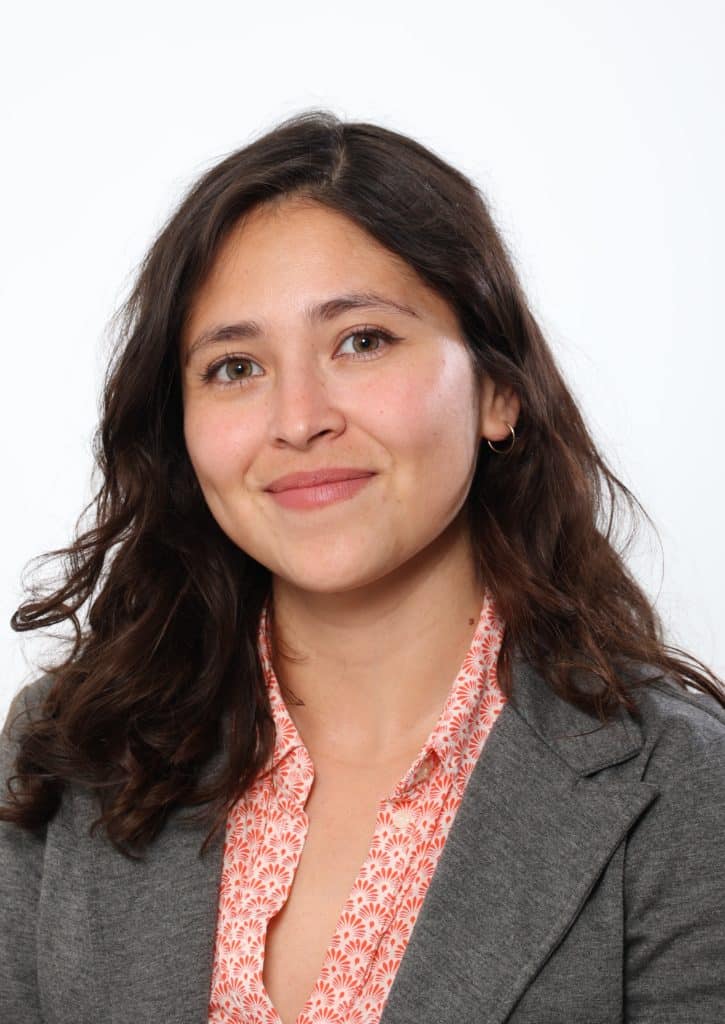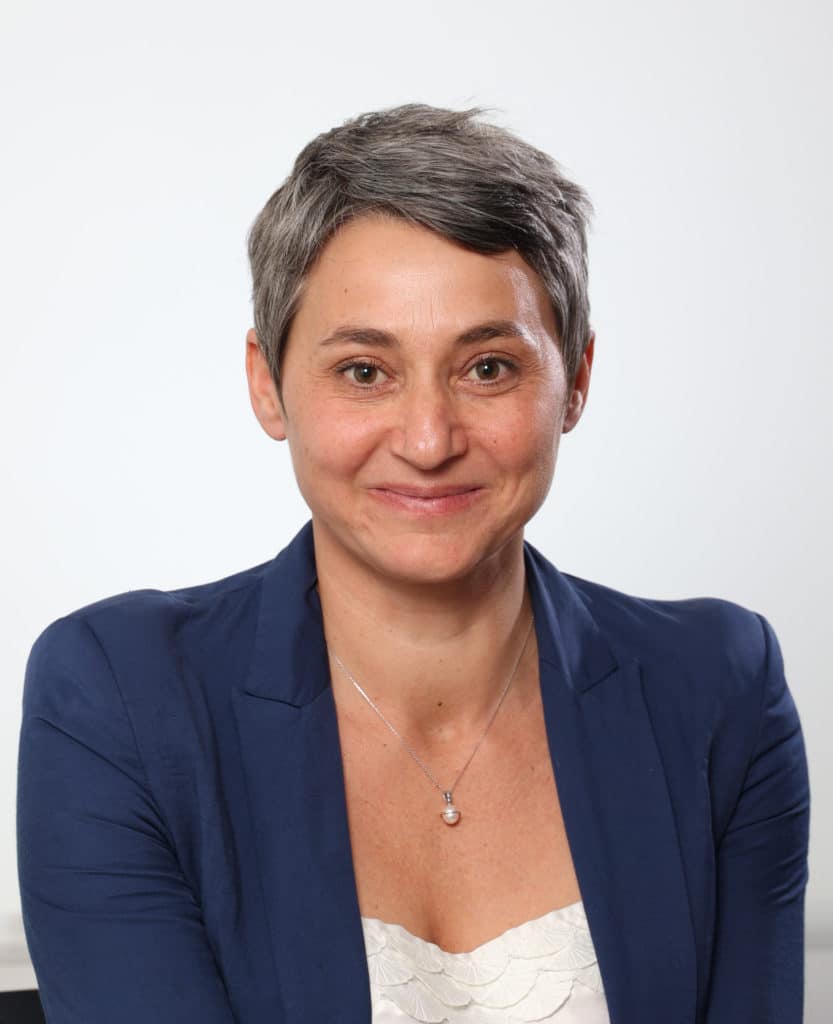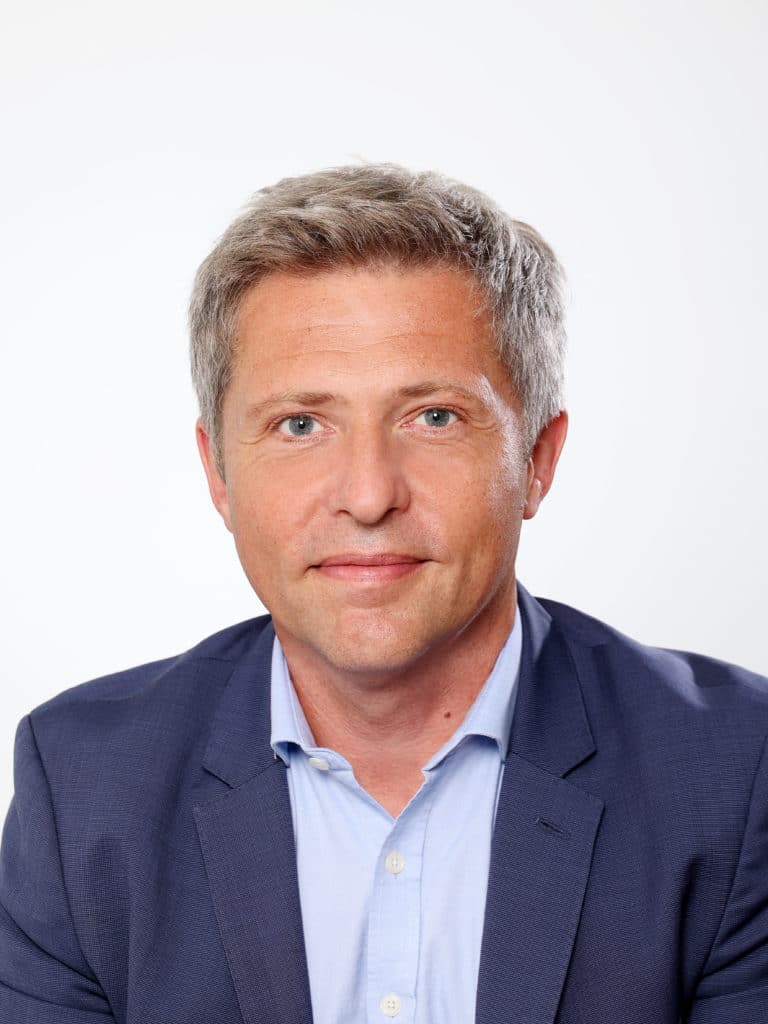l’Ambassadrice Claire Lignières-Counathe et AGORA (société luxembourgeoise chargée du développement des friches industrielles), France Villes et territoires Durables et le Cerema se sont associés à cette initiative pour apporter leur expertise lors de la conférence et atelier d’inspiration organisés le 22 novembre dernier.
Une visite de terrain pour saisir les enjeux
La journée a commencé avec une visite de terrain pour saisir les enjeux des sites en cours de réhabilitation : le site Micheville, une ancienne usine sidérurgique démantelée à la fin des années 1980 qui accueillera 500 logements d’ici 2024 ; ainsi que le Site Esch-sur-Alzette (Metzeschmelz) de 800 000 m2 où 10 000 personnes seront logées d’ici 2037.
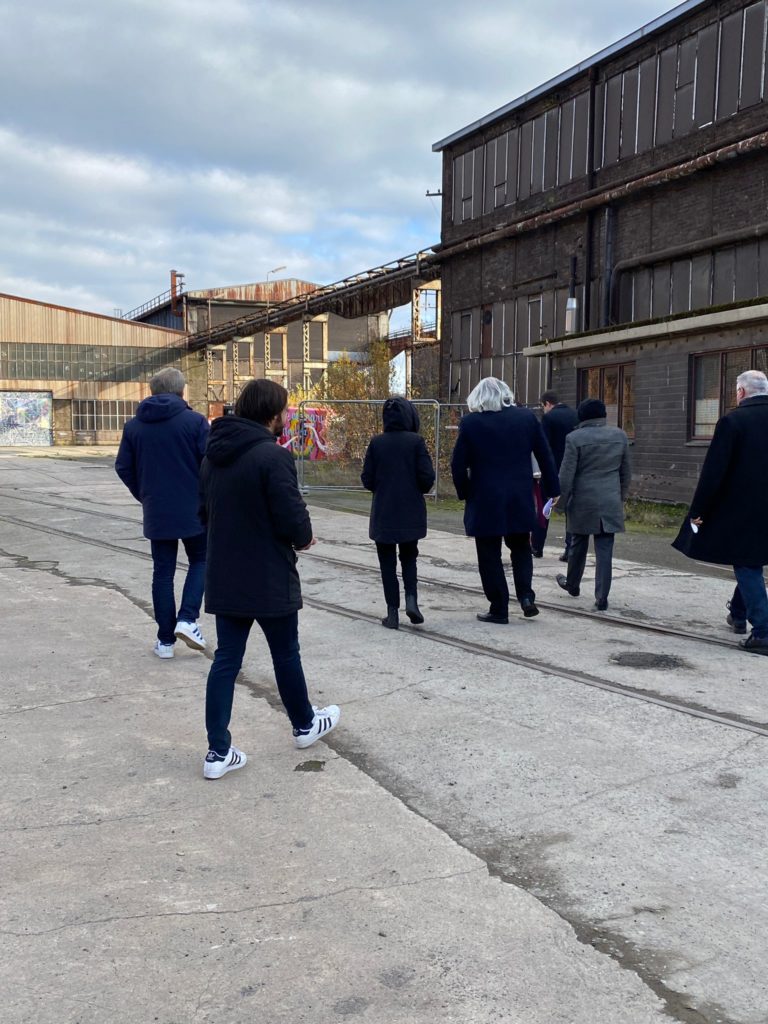
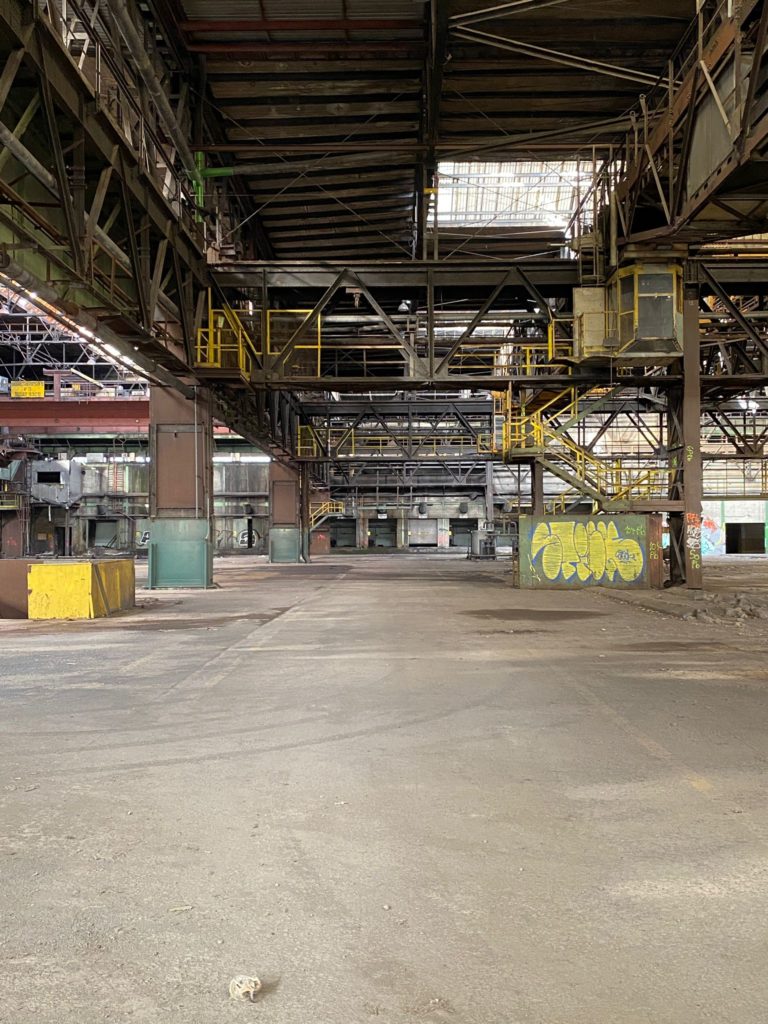
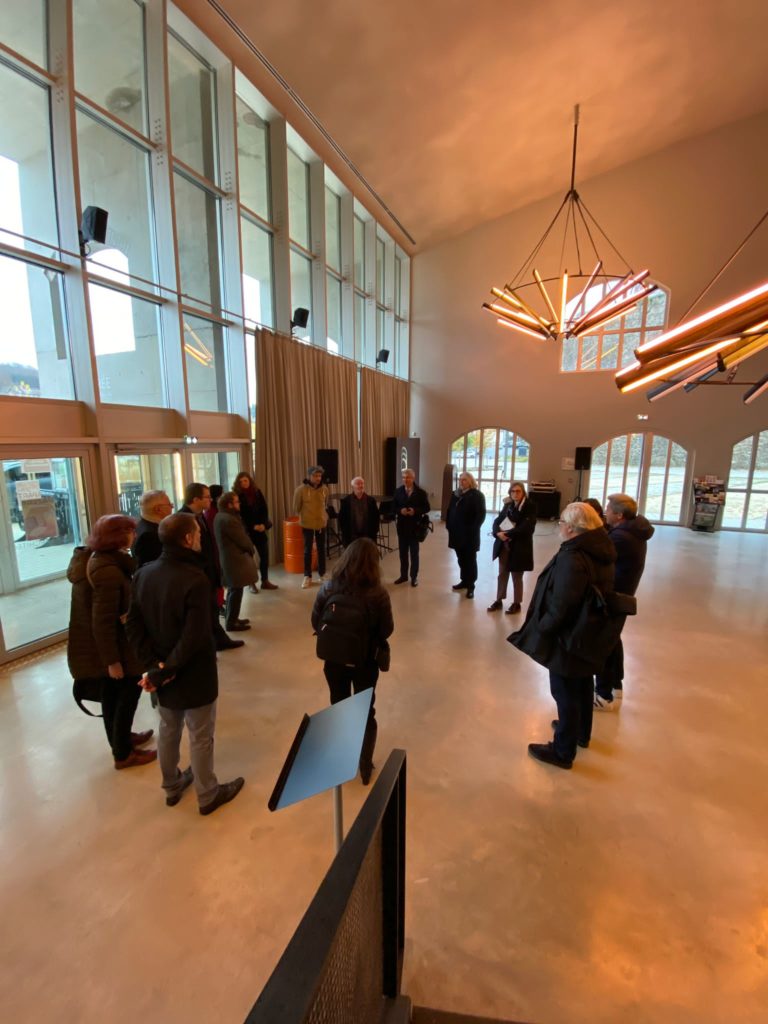
Un atelier d’inspiration pour comprendre les enjeux de l’Anthropocène
Un atelier d’inspiration a été organisé au Luxembourg Centre for Architecture (LUCA) afin de présenter les enjeux des opérations d’aménagement transfrontalières, la mixité fonctionnelle pour le développement des équipements publics et l’évaluation des démarches, avec les interventions de : Maribel Casas, Directrice du LUCA ; Bruno Théret, Vice-président d’AGORA ; Yves Biwer AGORA ; Hélène Bisaga, Responsable développement EPA Alzette Belval et Dorothée Habay-Lê, Directrice du GECT Alzette Belval.
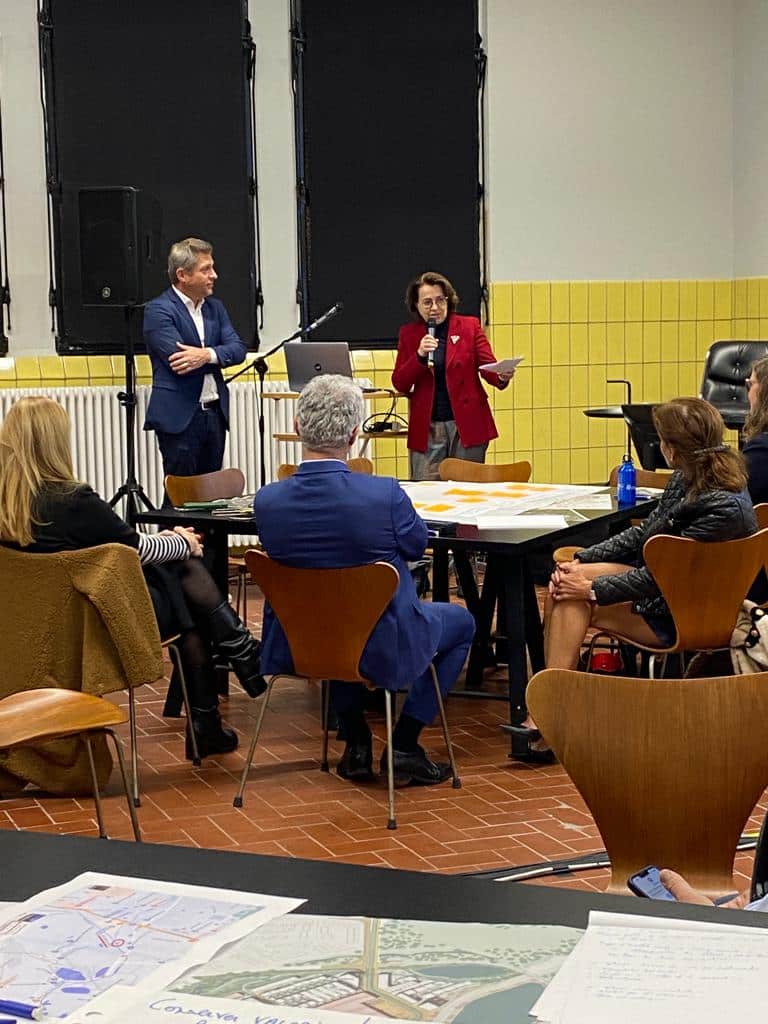
Sébastien Maire, Délégué général de France Villes et territoires Durables (FVD), est intervenu sur les enjeux de l’anthropocène et comment ceux-ci impactent les projets d’aménagement et de planification des villes et territoires.
« Le climat n’est que la limite la plus médiatisée parmi 9 limites qui conditionnent chacune l’habitabilité de la planète, et l’enjeu réside à retrouver un état d’équilibre qui permette la réponse aux besoins essentiels pour tous.te.s dans le respect de ces limites physiques de la Terre ».
Il a souligné l’importance des coopérations et l’accompagnement des mutations économiques : « Le développement s’est fait via la compétition mais ce paradigme ne marche plus face aux enjeux. Les territoires les plus résilients sont ceux qui coopèrent, au-delà de leurs frontières administratives ».
Les réflexions avec les parties prenantes ont permis de soulever plusieurs défis à partir des démarches du site de Belval Metzeschmelz comme : le patrimoine industriel au cœur de l’ADN du site, l’Interconnexion avec Luxembourg-ville et les sites frontaliers, la mixité sociale, et les logements abordables pour les travailleurs et étudiants, la gestion de l’eau et son infiltration naturelle, la place de la nature et de la biodiversité, la production et autonomie d’énergie, la mutualisation des espaces ou encore l’économie circulaire et l’remploi des matériaux.
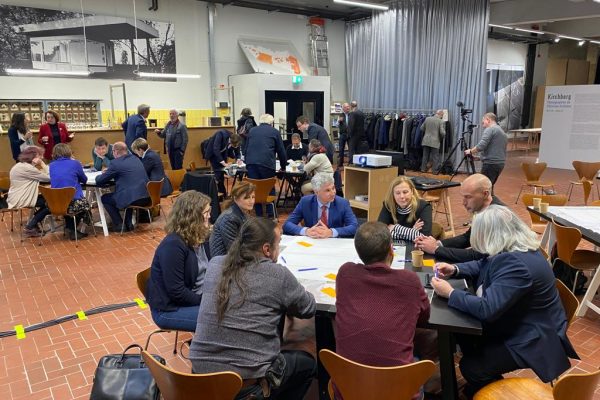
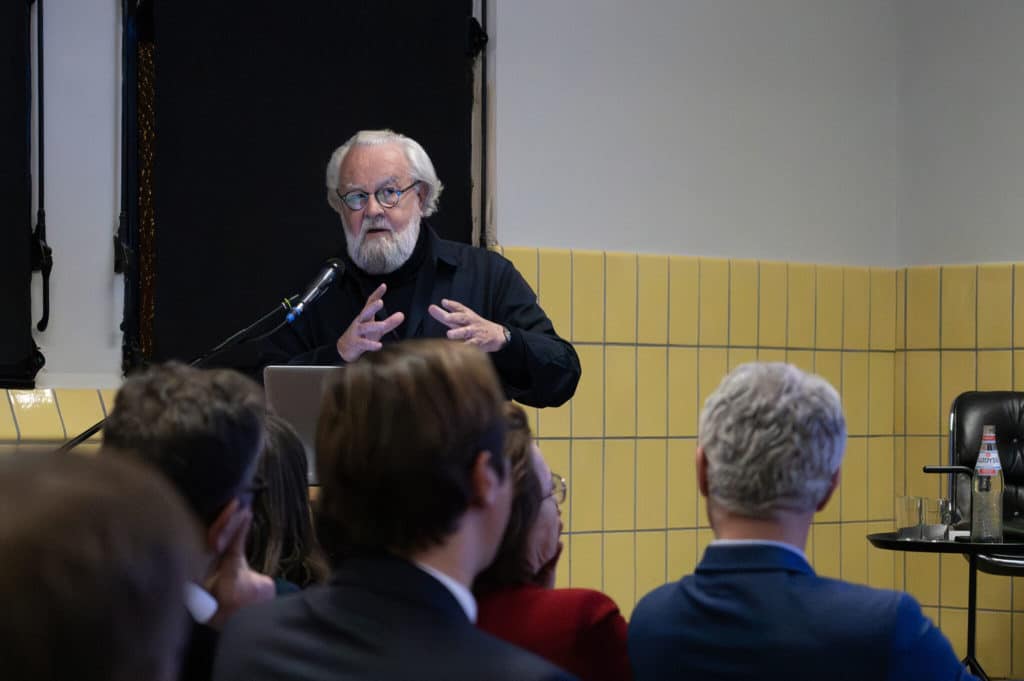
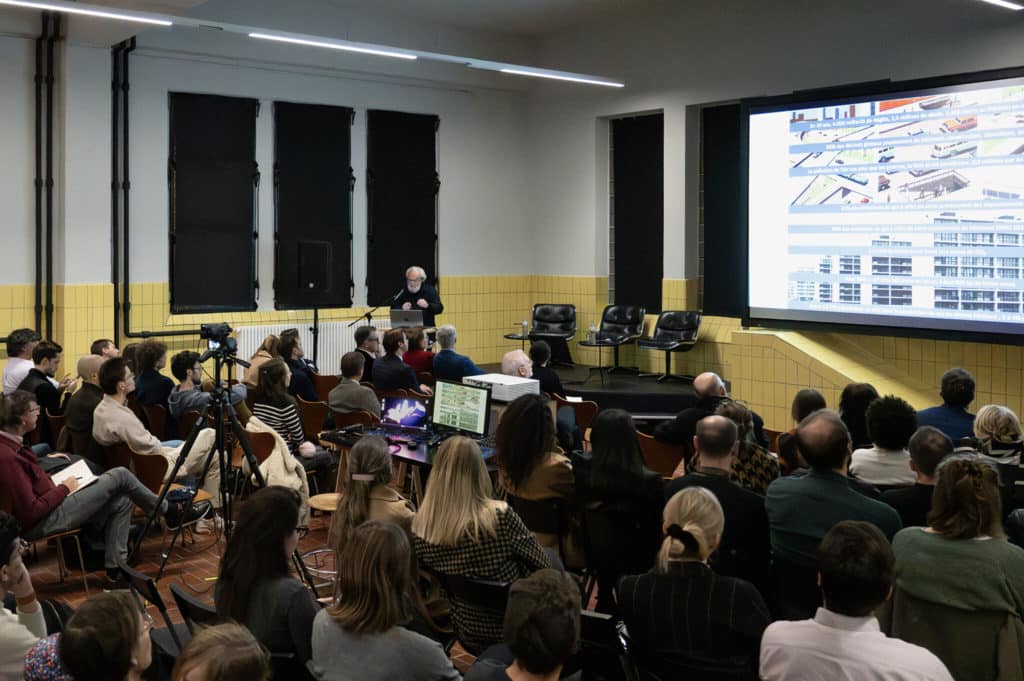
Découvrez les travaux de France Villes et territoires Durables :
👉Les Ateliers d’inspiration pour accélérer la transformation écologique des territoires
👉Nos activités à l’international en appui à la diplomatie française

